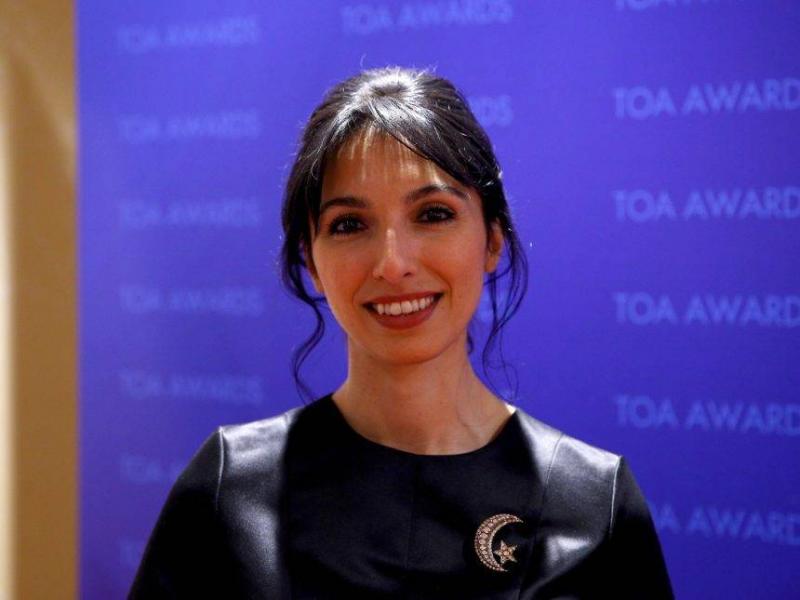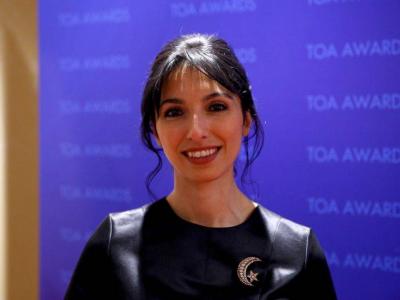Hafize Gaye Erkan, the new governor of the Central Bank of Turkey, faces a challenging task of alleviating the painful cost-of-living crisis and hopes to regain the trust of both domestic and international investors after years of unconventional policy implementation. The 43-year-old woman became the first female governor of the country's central bank on Friday, succeeding Şahap Kavcıoğlu, who led President Recep Tayyip Erdoğan's campaign to lower interest rates despite rising inflation.
Her new role makes her one of only about a dozen women currently serving as central bank governors worldwide, including Christine Lagarde, president of the European Central Bank, Elvira Nabiullina, governor of the Central Bank of Russia, and Jorgovanka Tabaković, governor of the National Bank of Serbia.
Erkan obtained her degrees from Bogazici University in Istanbul, graduated from Harvard Business School after completing its advanced management program, and earned her PhD in Operations Research and Financial Engineering from Princeton University.
She joined Goldman Sachs in 2005 and was appointed Managing Director in 2011, making her one of many who worked at the bank before taking on prominent roles in monetary policy, including Mark Carney, former governor of both the Bank of Canada and the Bank of England, Mario Draghi, former president of the European Central Bank, and William Dudley, former president of the Federal Reserve Bank of New York.
Erkan transitioned from Goldman Sachs to First Republic Bank, where she ultimately served as co-CEO in June 2021. Her resignation there in December 2021 surprised investors who anticipated she would eventually take the helm at the prominent American bank, which collapsed in April of this year. She received ten million dollars in severance pay, according to bank documents.
Widely regarded as a respected figure in the financial industry, Erkan was included in Crane's list of prominent women in banking and finance and is a board member of Marsh McLennan.
Having spent her entire career outside of Turkey, Erkan lacks experience in formal central banking, making her monetary policy inclinations unclear. However, those who have worked with her were not surprised by her acceptance of a public service position. Katherine Wild, president and CEO of Partnership for New York City, where Erkan once served on the board, described her as "assertive, smart, and influential." Wild added, "She also showed a keen interest in public policy and community welfare, so it's no surprise she would consider public service."




